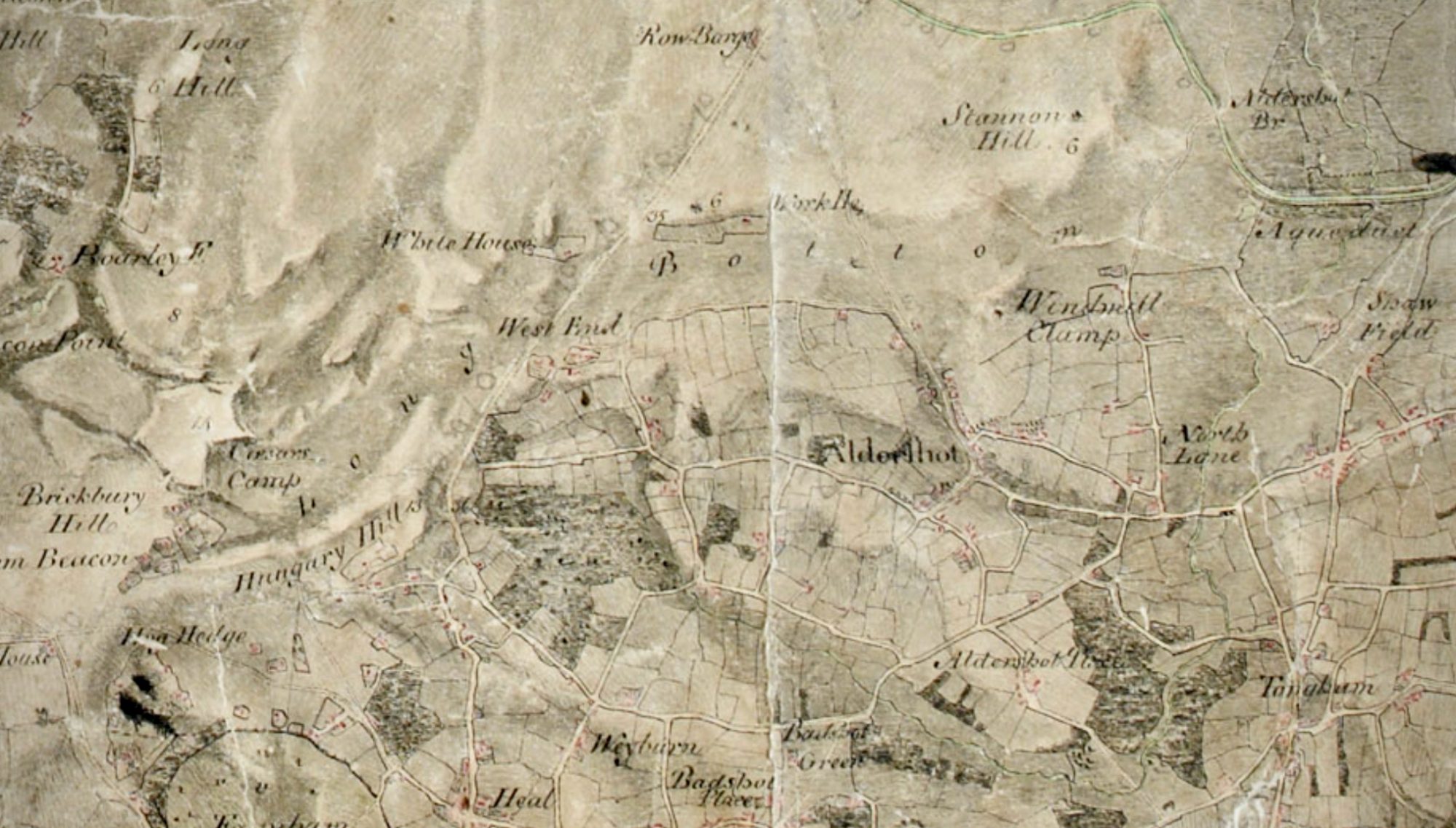Friday, 16th December 1853
Osborne House
Lord Aberdeen arrived yesterday and returned to-day to meet the Cabinet to-morrow. Lord Palmerston has sent in his resignation in a short note to Lord Aberdeen, a further correspondence with Lord John and Lord Lansdowne, Lord Aberdeen put into my hands, and I have copied the two most important letters which follow here.
Lord John is reported as very angry, calling Lord Palmerston’s conduct “treacherous,” a term Lord Aberdeen hardly understands, as against him he has been perfectly consistent with regard to the Reform Measure, from the beginning, and had frequently denied the necessity of Reform…. Lord Aberdeen had advised Lord John to show boldness and energy, and to undertake the Home Office at once himself; this would have a great effect under the difficulties of the circumstances, would show that he was in earnest and determined to carry his Reform Measure. Lord John seemed hit by the idea, but asked for time to consider; after seeing Lady John, however, he declined.
Lord Aberdeen’s fears are still mainly as to the Eastern Question, Lord John pressing for war measures. Lord Aberdeen had followed my advice, and had a long explanation on the subject, in which they both agreed that their policy should be one of Peace, and he thought matters settled when Lord John now asks for contingent engagements to make war on Russia if her forces cross the Danube (which Lord Aberdeen thinks quite uncalled for), and to convoy the Turkish expeditions in the Black Sea, even if directed against Russian territory, etc., etc. The Cabinet is certain not to agree to either of these propositions.
When Lord Aberdeen announced the intended rupture with Lord Palmerston to Lord John, he drily said: “Well, it would be very awkward for you if Palmerston quarrels one day with you about Reform, and I the next about Turkey!”
There can be no doubt that Lord Palmerston will at once try to put himself at the head of the late Protectionist party, and, with the present indifference of the Country upon Reform, the fate of the Bill is by no means certain. On the question of Peace or War, Lord Aberdeen is quite certain that the House of Commons will adopt no war resolutions.
Much will depend, however, on the line taken by Lord Lansdowne, who has great influence in the House of Lords, and whose secession would spread great alarm over the Country as to the real tendency of the Measure (which the Duke of Newcastle describes as in fact a great increase of power to the land). We agree that the Queen should write to him to prevent any hasty step.
The Queen sanctioned the offer of the Home Office to Sir George Grey, and of a seat in the Cabinet to Mr Cardwell (the President of the Board of Trade).
